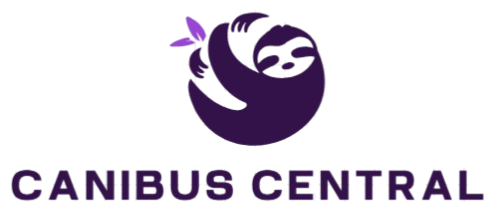Adapting to Change: Resilience and Innovation in Education
- By Dan Harrington
- February 11, 2024
In the face of ever-evolving challenges and societal shifts, the field of education has proven its resilience time and time again. From technological advancements to changing demographics, educators and institutions worldwide have demonstrated an unwavering commitment to adapting to change and embracing innovation. Today, we explore how resilience and innovation are shaping the future of education.
One of the most significant changes in recent years has been the integration of technology into the classroom. With the rise of digital tools and online resources, educators have been able to enhance learning experiences and reach students in new and engaging ways. From interactive whiteboards to educational apps and virtual reality simulations, technology has revolutionized the way knowledge is imparted and absorbed, catering to diverse learning styles and abilities.
Moreover, the global COVID-19 pandemic has accelerated the adoption of remote learning and highlighted the importance of flexibility and adaptability in education. Overnight, schools and universities were forced to transition to online platforms, prompting educators to rethink their teaching methods and embrace innovative approaches to remote instruction. While the shift to virtual learning presented numerous challenges, it also paved the way for creative solutions and collaborations, ultimately expanding access to education beyond physical borders.

In addition to technological advancements, educators have also recognized the need to adapt their curriculum to meet the changing needs of students in a rapidly evolving world. This includes a greater emphasis on skills such as critical thinking, problem-solving, and digital literacy, which are essential for success in the 21st century. By integrating real-world applications and project-based learning experiences into their lessons, educators are preparing students to navigate an increasingly complex and interconnected global landscape.
Furthermore, the concept of lifelong learning has gained traction as individuals recognize the importance of continuous self-improvement and skill development in today’s competitive job market. Whether through online courses, vocational training programs, or professional development opportunities, lifelong learning initiatives empower individuals to adapt to changing industry trends and pursue new career pathways throughout their lives.
In conclusion, resilience and innovation are at the heart of the education sector’s response to change. By embracing new technologies, adapting teaching strategies, and promoting lifelong learning, educators and institutions are equipping students with the knowledge, skills, and mindset needed to thrive in an ever-changing world. As we continue to navigate uncertain times, the resilience of the education community serves as a beacon of hope and inspiration, reminding us of the transformative power of learning and adaptation.







